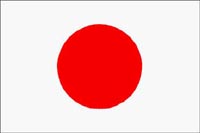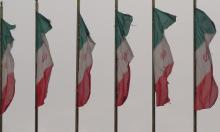Japan plans to replace gas cars with ethanol ones to fight global warming
The new policy, adopted by the Environment Ministry this month, will require all new cars to be able to run on a blend of 10 percent ethanol, an alcohol fuel often made from corn or sugar, and 90 percent gasoline, starting in 2010, said Takeshi Sekiya, an official at the ministry's global warming division. Costs and implementation are still being studied.

The switch to ethanol underlines the new urgency felt by industrialized countries trying to rein in the effects of greenhouse gases and reduce dependence on foreign oil.
Ethanol blends are already widely used in Brazil, and on Wednesday, U.S. automakers announced plans to double production of vehicles using the so-called flexible-fuel technology by 2010, the AP reports.
Japan currently allows ethanol mixtures of up to 3 percent at the nation's pumps, but in practice "almost no cars" run on the fuel, Sekiya said.
To encourage the market, the ministry will ramp up production of ethanol fuel on the southern island of Miyako, where a plentiful supply of sugar cane will be converted into fuel for the island's estimated 20,000 cars in the next three years, the AP reports.
The goal is to have all cars on the nation's roads capable of running on the new fuel by 2030.
Subscribe to Pravda.Ru Telegram channel, Facebook, RSS!





